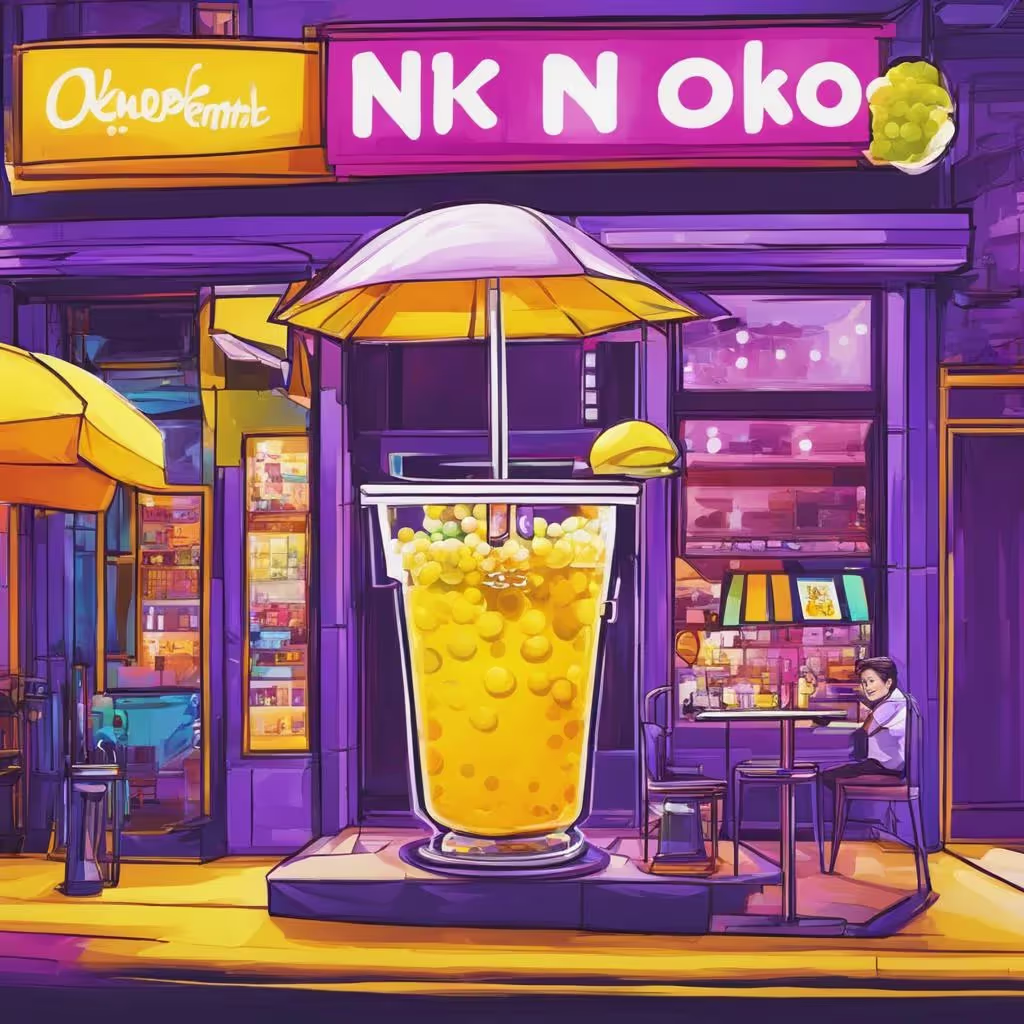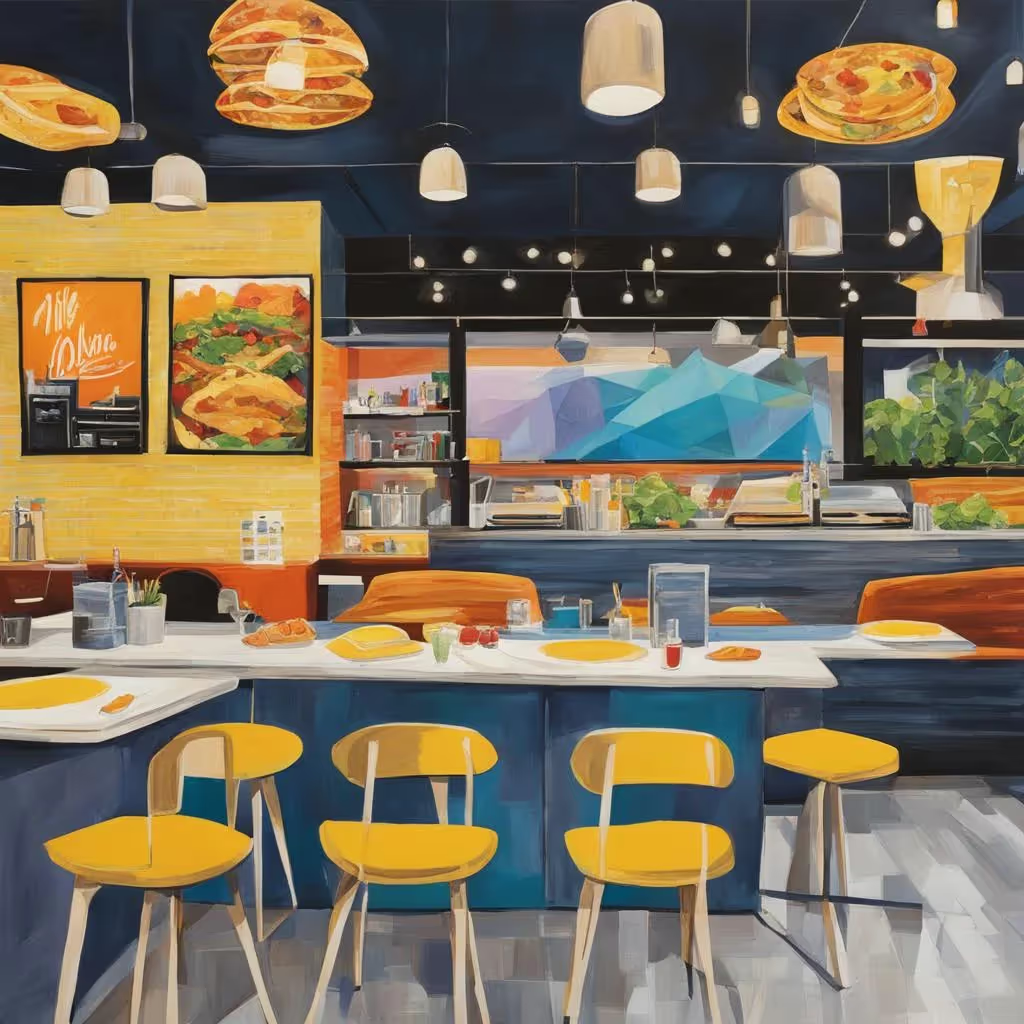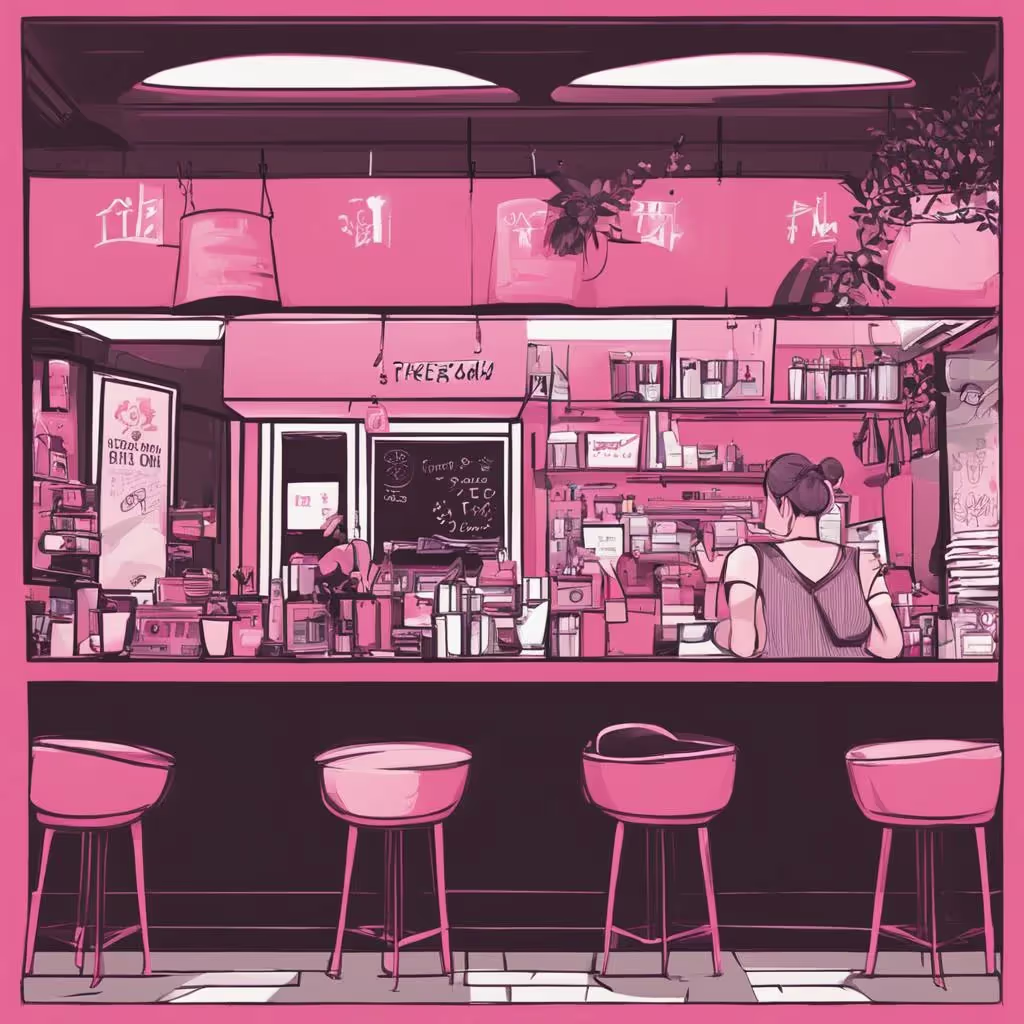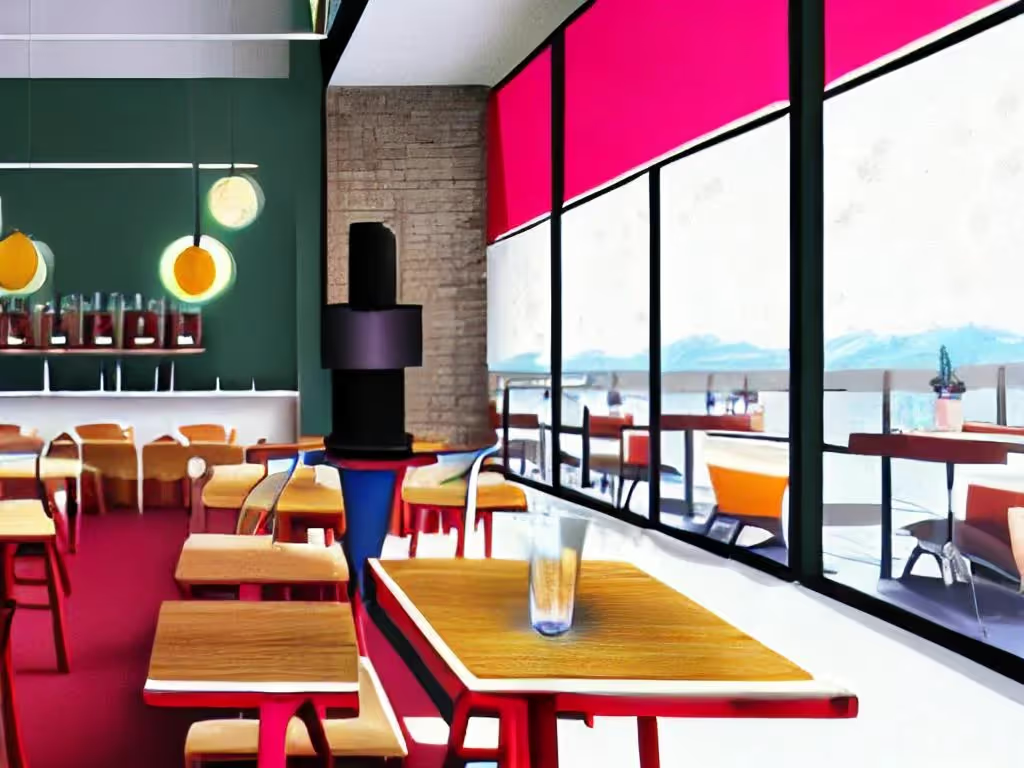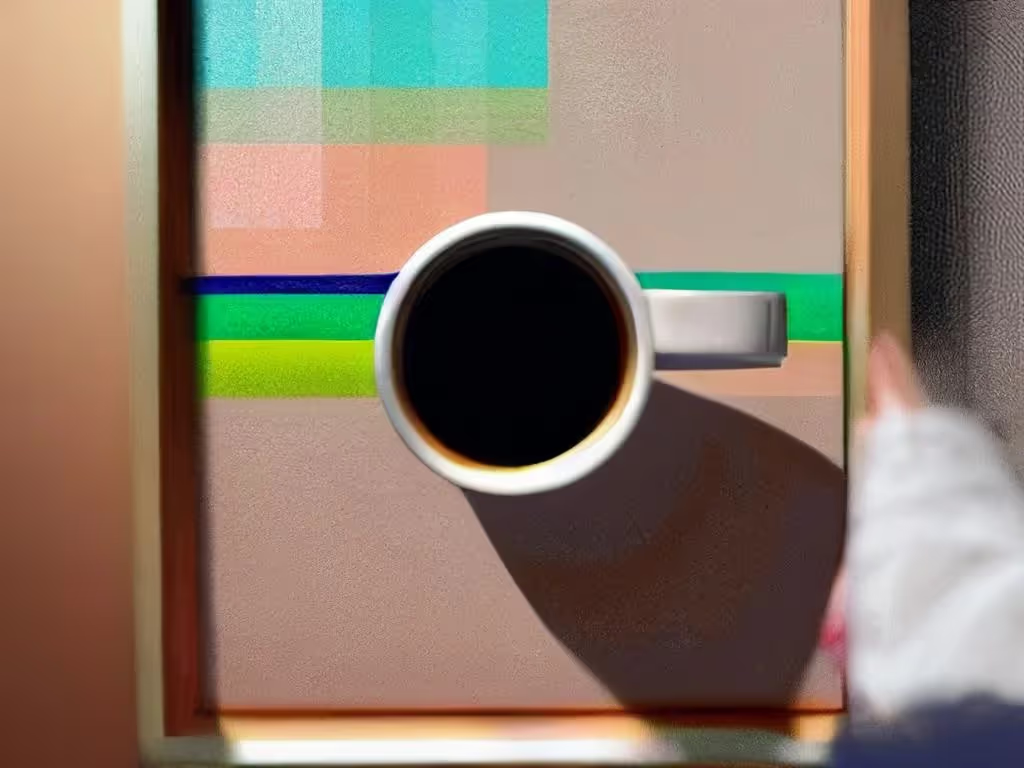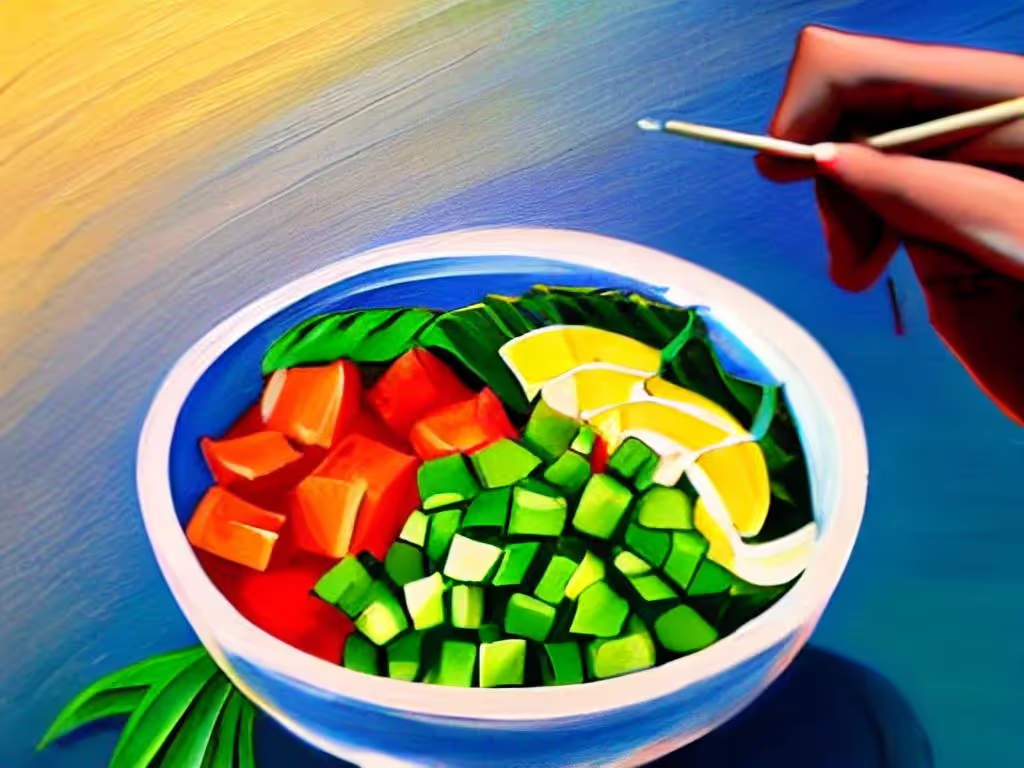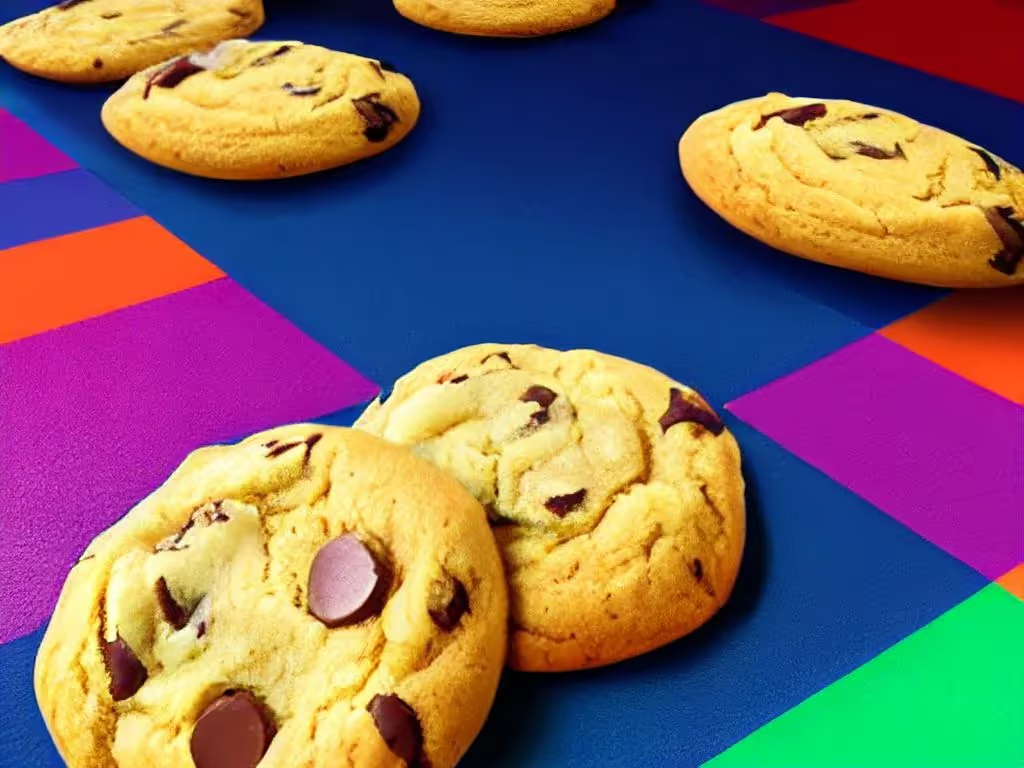At some point, around 2018, the U.S. started paying attention to plastic straws and their toll on the environment. Seattle issued a ban, and California followed, along with companies such as Starbucks and American Airlines.
Maybe the viral video of a marine biologist removing a plastic straw from a sea turtle’s nose caused people to look up. Maybe it was the slow realization that our country alone uses 500 million plastic straws every single day. Or maybe it’s just that although plastic straws aren’t the biggest environmental problem we face, they should be one of the easiest to eliminate.
“We’re looking for places where we’re creating trash, and the trash has been designed in,” says Jenny Cooper, owner of IXV Coffee in Brooklyn. “We just need to design the trash out, and the straw is one example of that.”
Two decades ago, Cooper started bringing her own reusable cups to coffee shops and was floored by how easy it was to eliminate unnecessary trash. After a career in the fashion industry — where she also became frustrated with too much “stuff” — she opened IXV in 2020 with a goal of producing zero waste.
She launched a cup swapping program, allowing customers to pick up and drop off reusable cups on their way to and from work. She picks up pastries every day in a reusable box and has milk delivered in glass bottles. So for Cooper, as for other sustainability-minded businesses, straws are just one piece of a holistic puzzle that she’s trying to solve.

Thanks to city and corporate bans, and to growing awareness about waste caused by plastic straws, a host of alternatives have emerged in recent years — all with variable quality and claims to sustainability.
Metal straws earn points for reusability but are notoriously hard to clean, as are some silicone and ceramic options. And much like with a reusable cup, they’ll only catch on as consumer habits change, which is why many companies continue to pursue single-use straws with a lower environmental impact.
Paper varieties were among the first plastic alternatives to gain momentum, but they break down quickly in drinks, causing customer complaints. Biodegradable pasta straws are popping up at trendy restaurants, while edible straws made from seaweed products and other organic materials have become darlings of sustainable innovation. (Starbucks developed a sippy lid to reduce the need for straws altogether.)
But not all alternatives are created equal when it comes to a sustainable halo. Metal and paper straws can also cause waste, and manufacturing processes can be considerably resource-intensive. (Think of a paper straw, individually wrapped in paper — all of which ends up in the compost or trash.) Not to mention that most currently available alternatives cost multiple times their plastic counterparts, placing an extra financial burden on businesses.
As for Cooper, she uses hay straws, which are made from a byproduct of wheat production. (After the wheat is harvested, stems are usually made into hay for animal feed. The company uses the same byproduct to make straws.)
“The other things on the market are all manufactured plastic alternatives,” she says. “Without digging into each one to find out which has the cleanest manufacturing process, something that grows out of the ground and is not individually packaged — that was a very easy decision.”
In Cooper’s view, part of the problem with waste in the U.S. is that companies have free reign to do what they want — recycling, composting, or creating mountains of plastic waste — while society pays the consequences. In other countries, such as Canada, the federal government is taking steps to require companies to adhere to greener standards. Our system “requires companies to seek out better ways of packaging things, as opposed to somebody saying, ‘we can’t recycle that,’” she says.

Until that changes, it’s up to individual businesses to create better processes, educate consumers, and change their daily rituals in small but meaningful ways. While her hay straws are more fragile than plastic, Cooper says most of her customers love them. And though her cup swaps were slow to take off at the beginning of the pandemic (due to an abundance of caution around germs), these days customers are relieved when IXV Coffee can fill their reusable mugs.
Habits, it seems, are not so set in stone as we tend to think they are. That’s why Cooper is including a free reusable cup with IXV’s coffee subscriptions — she believes that with a little nudging, people can adapt, and happily.
“We have to make it easier for them,” says Cooper. “Companies are so worried about what consumers will think, but actually consumers don’t want to make a mess. I think it’s up to the companies to lead a little bit more.”


.webp)


.webp)
.png)
.webp)

.avif)
.webp)
.webp)
.webp)

.webp)







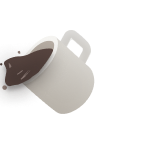

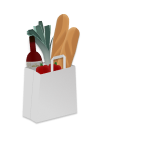
.png)
.png)







.svg)





.svg)
.svg)
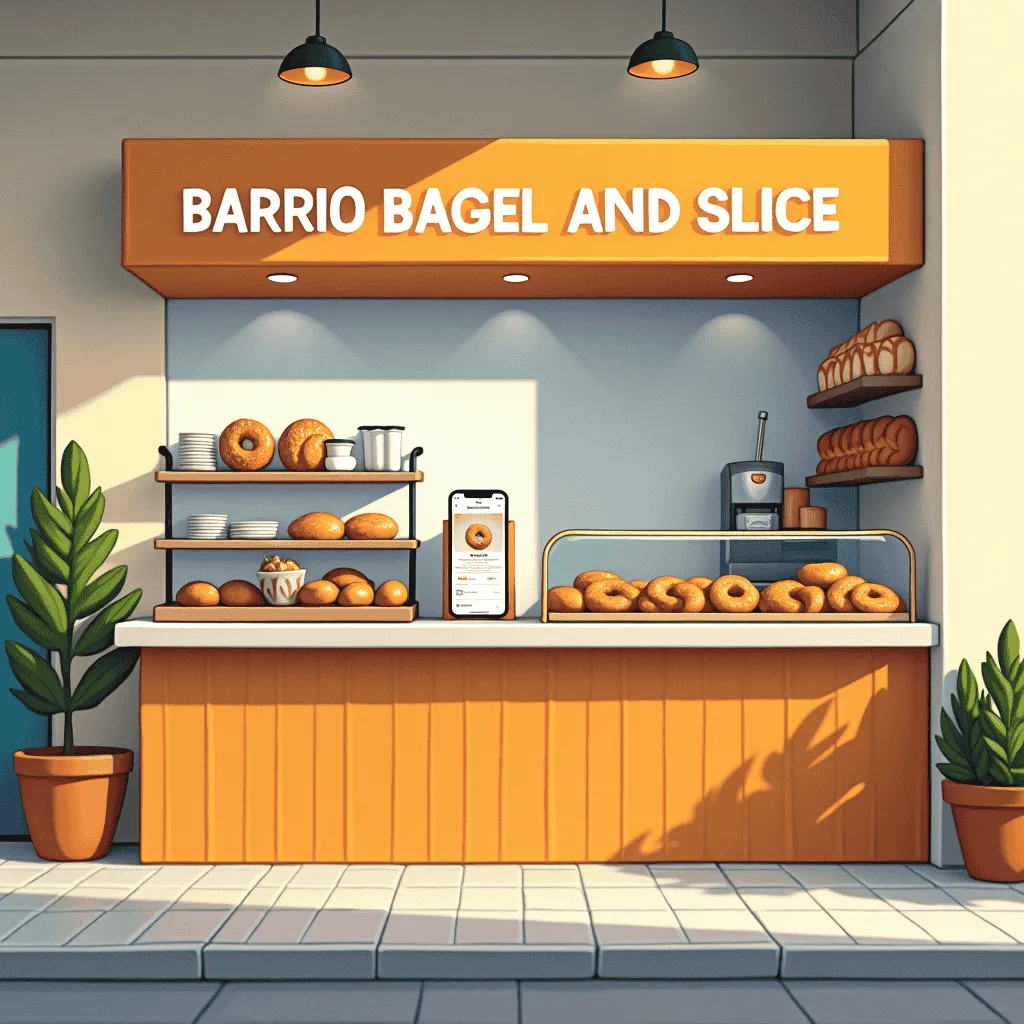

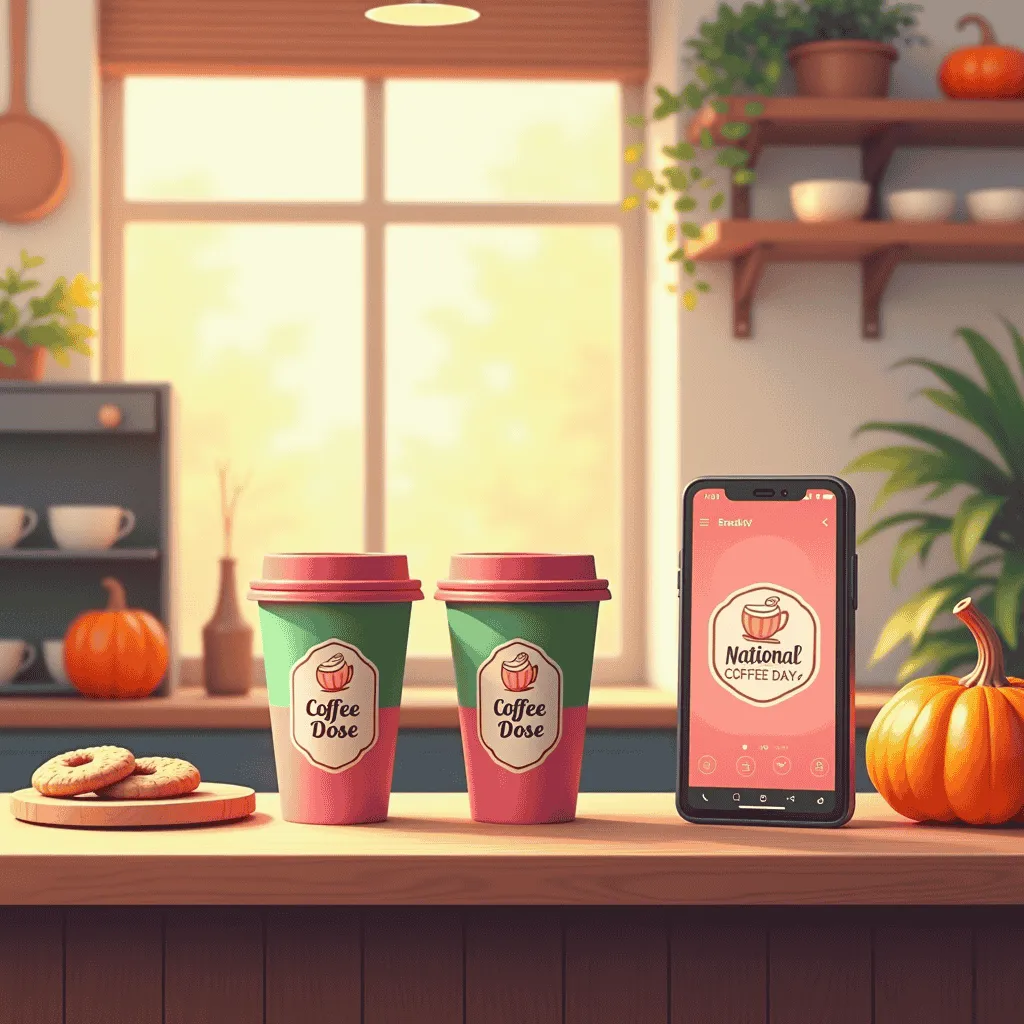
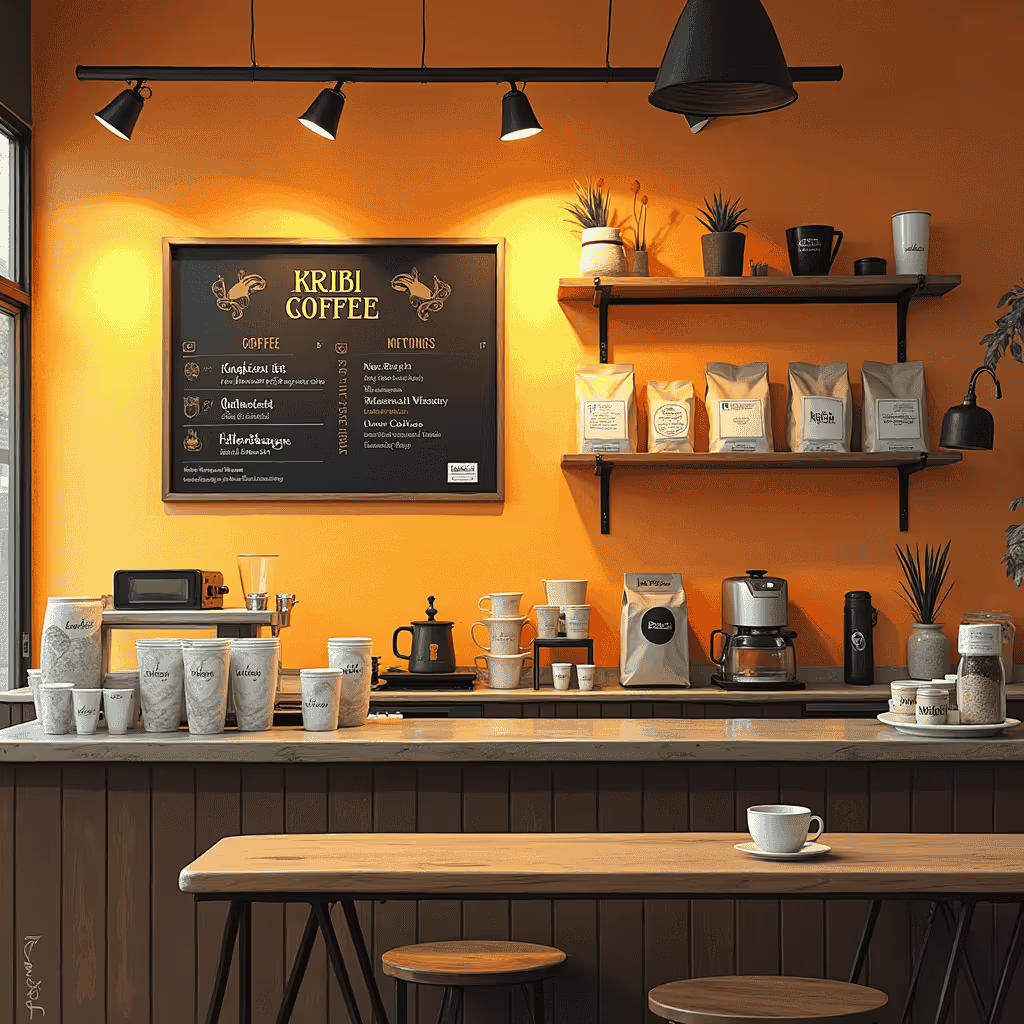
.avif)
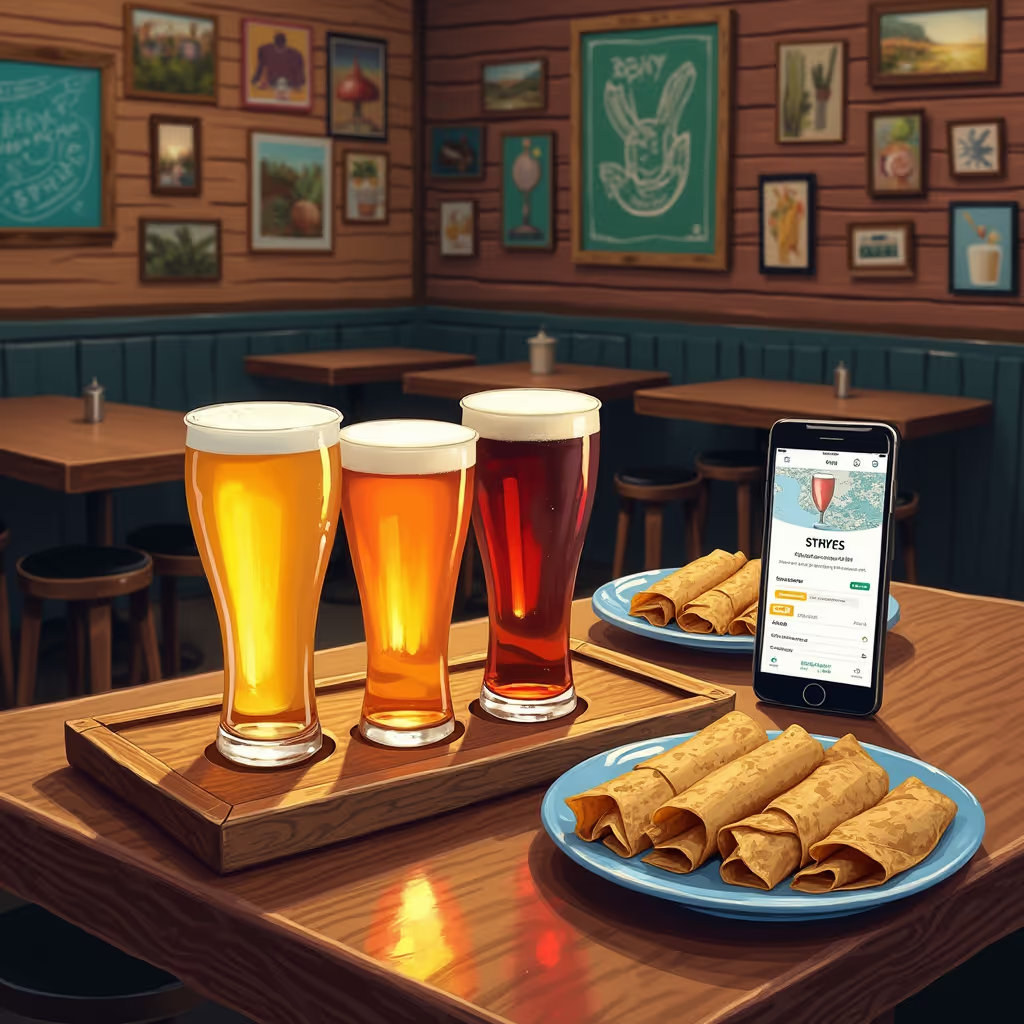
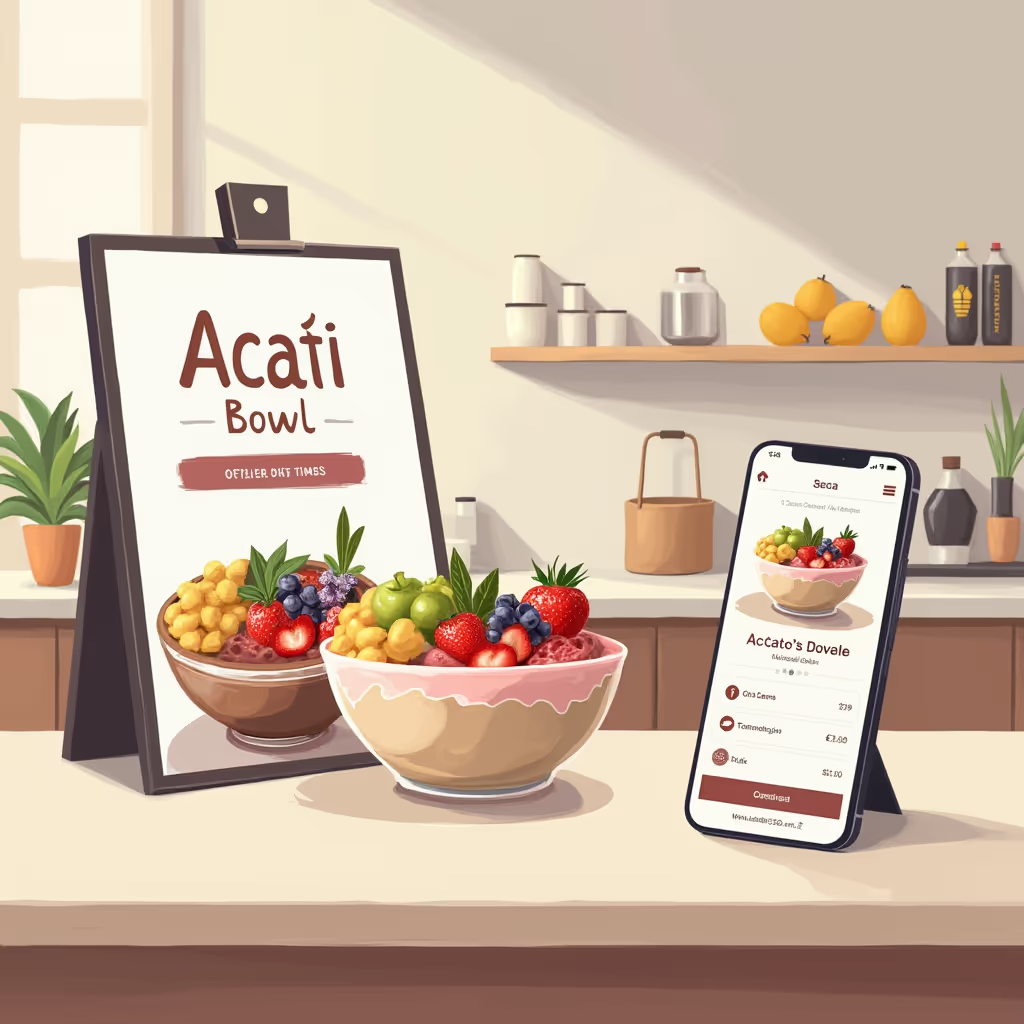
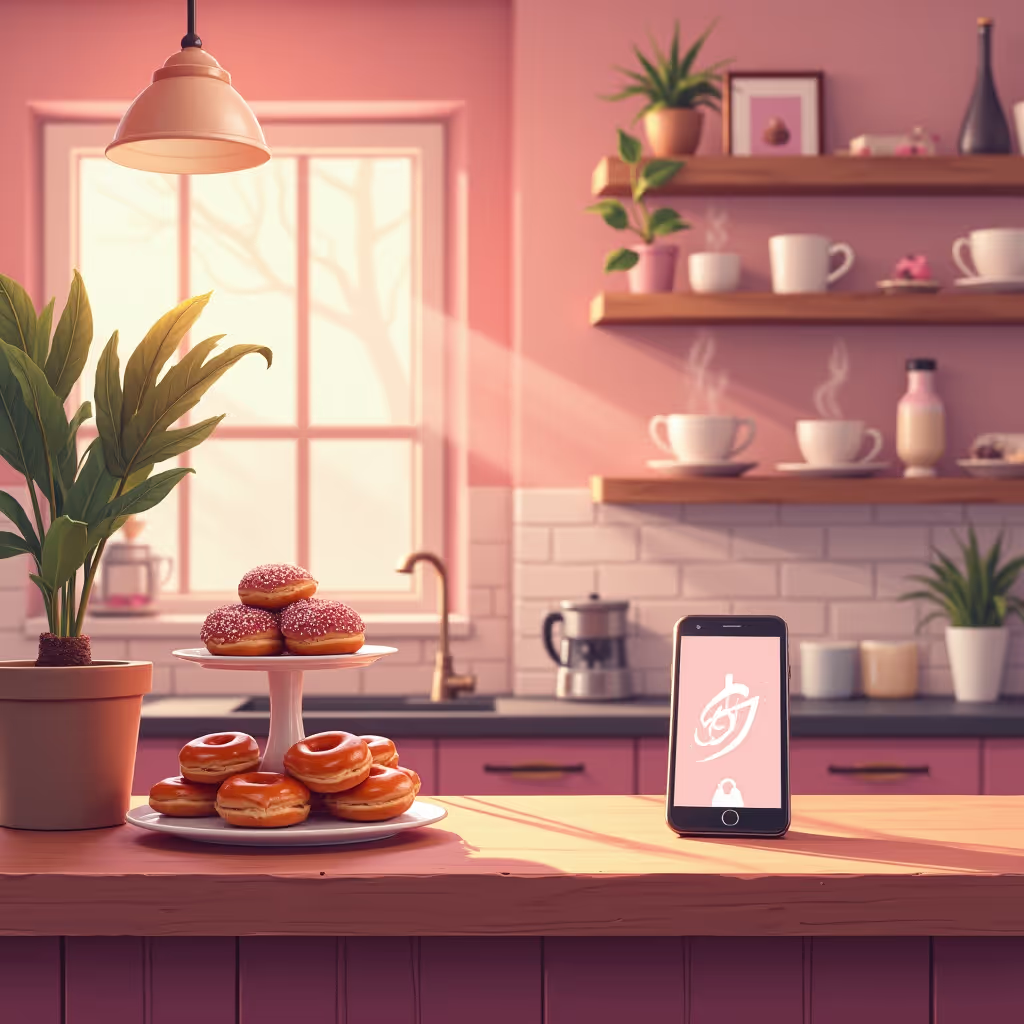
.avif)
.avif)
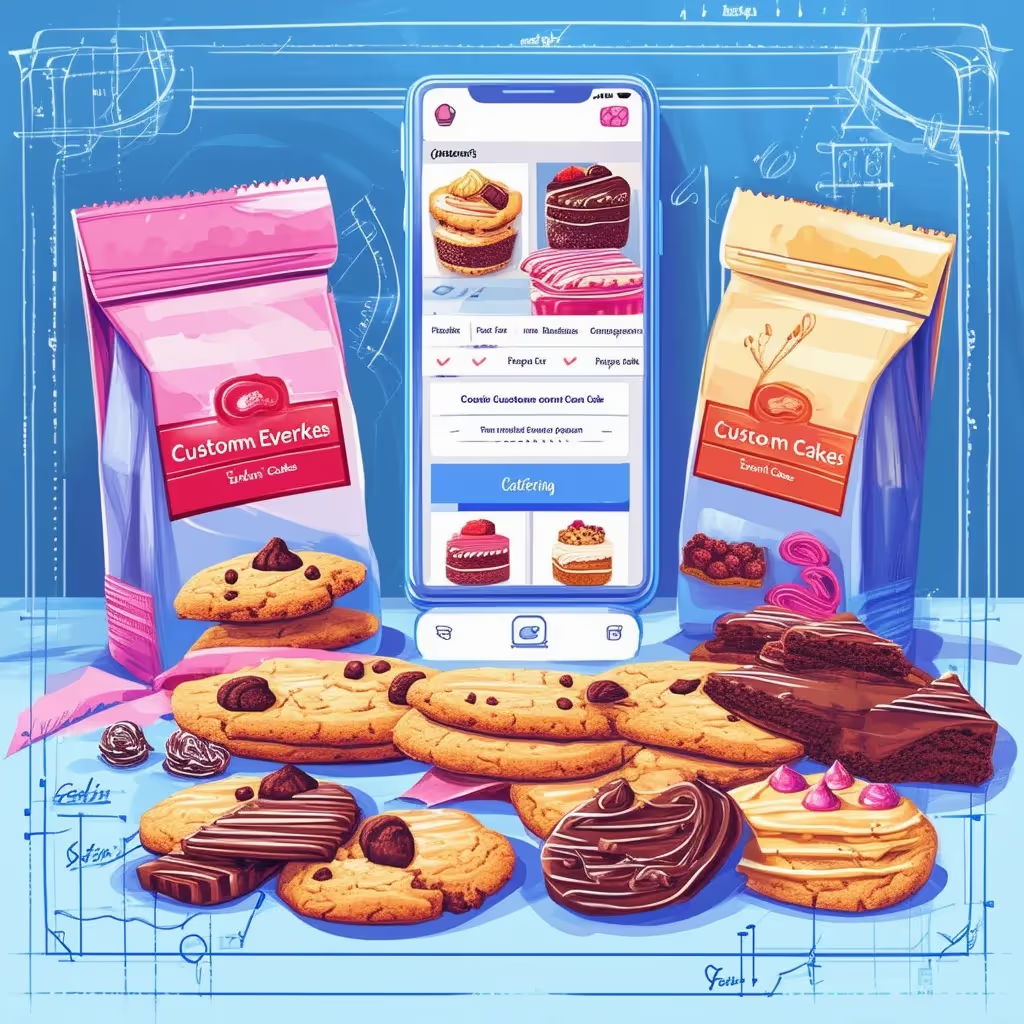
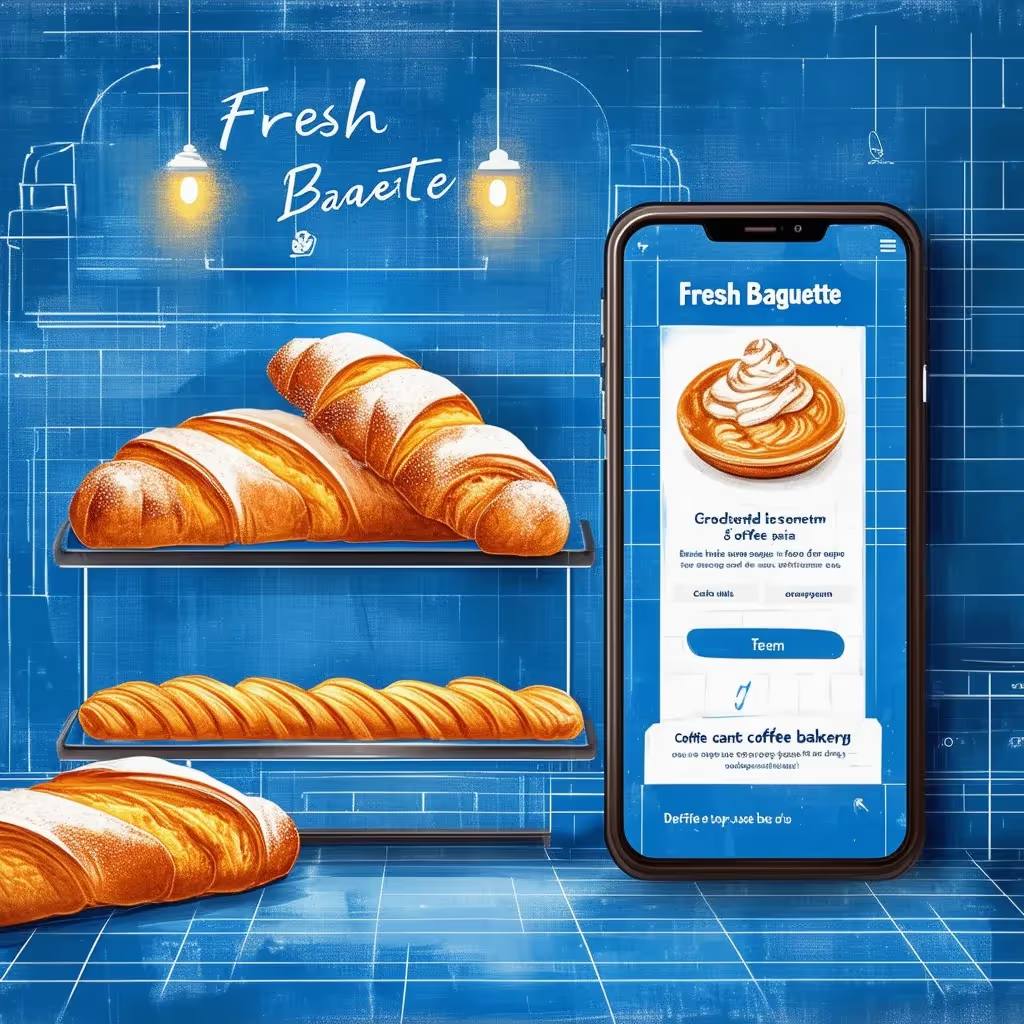
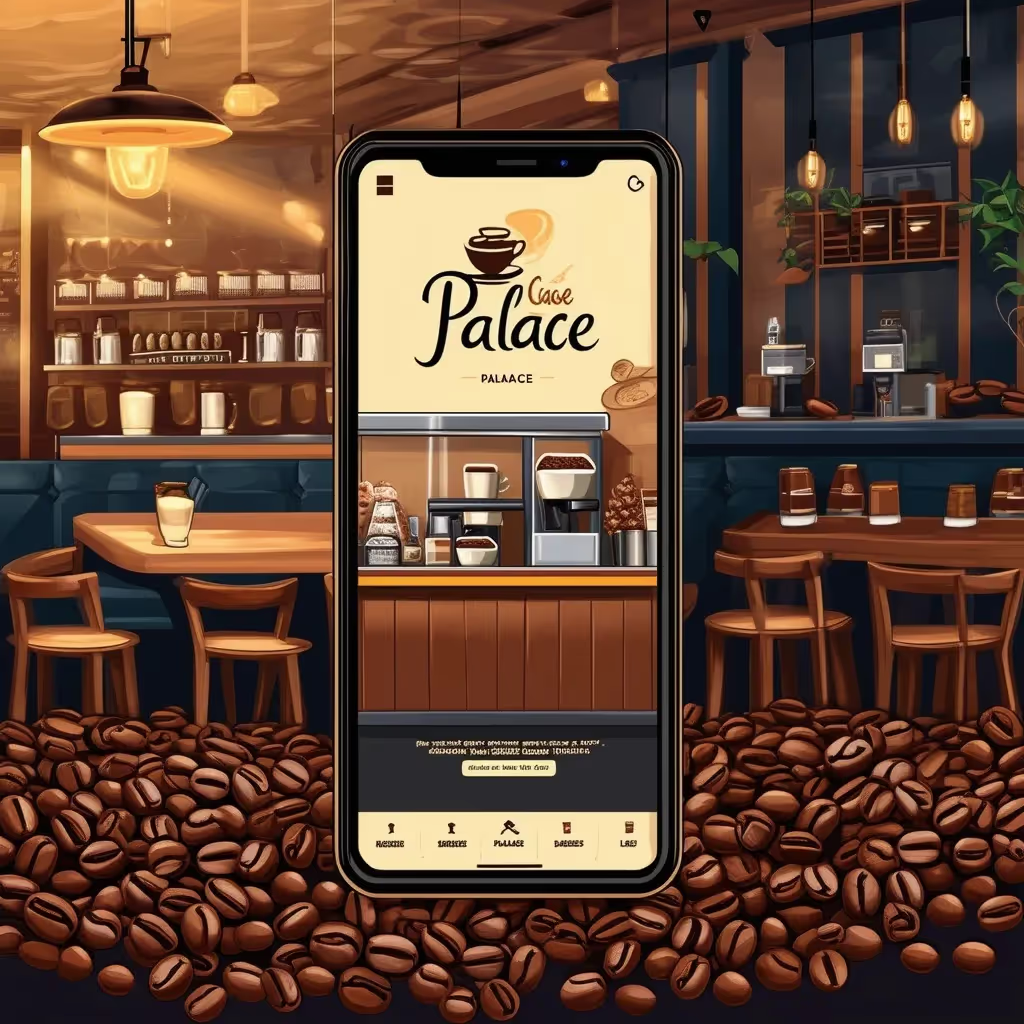
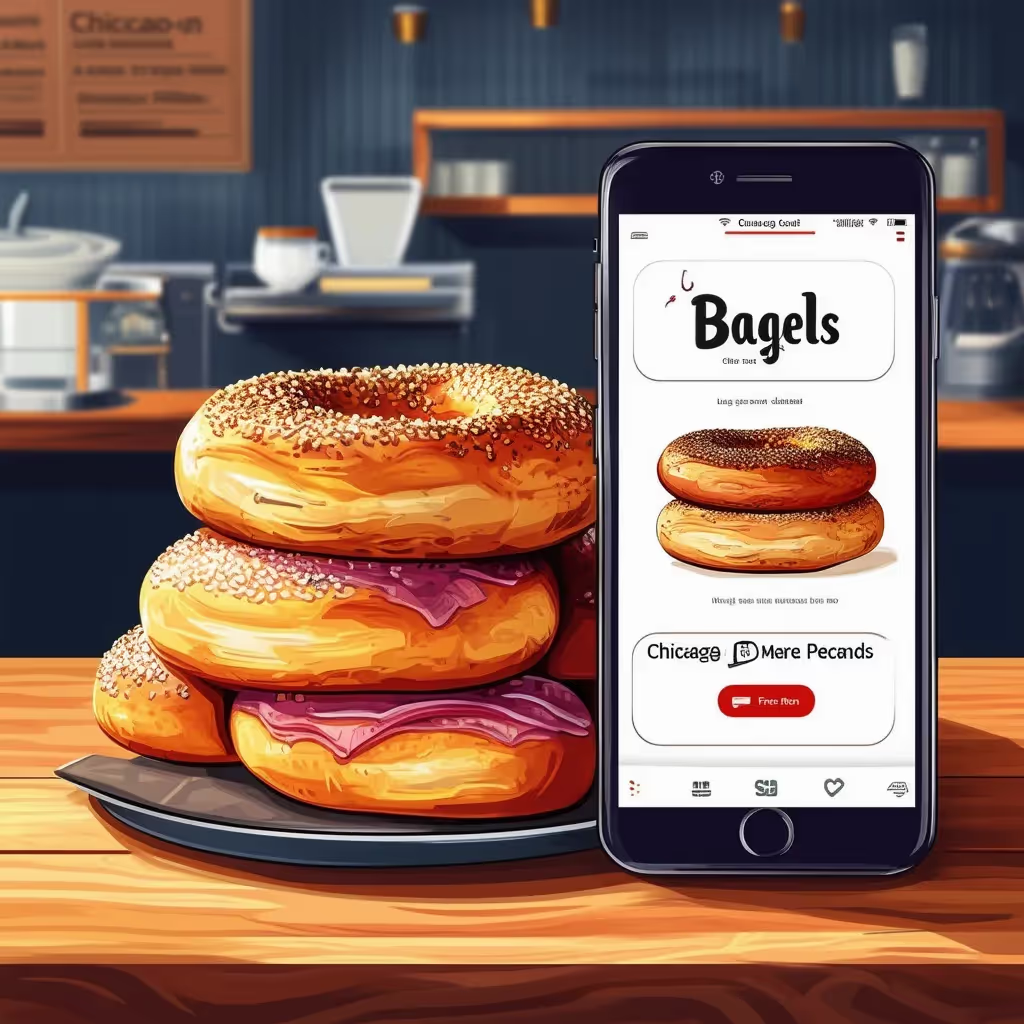
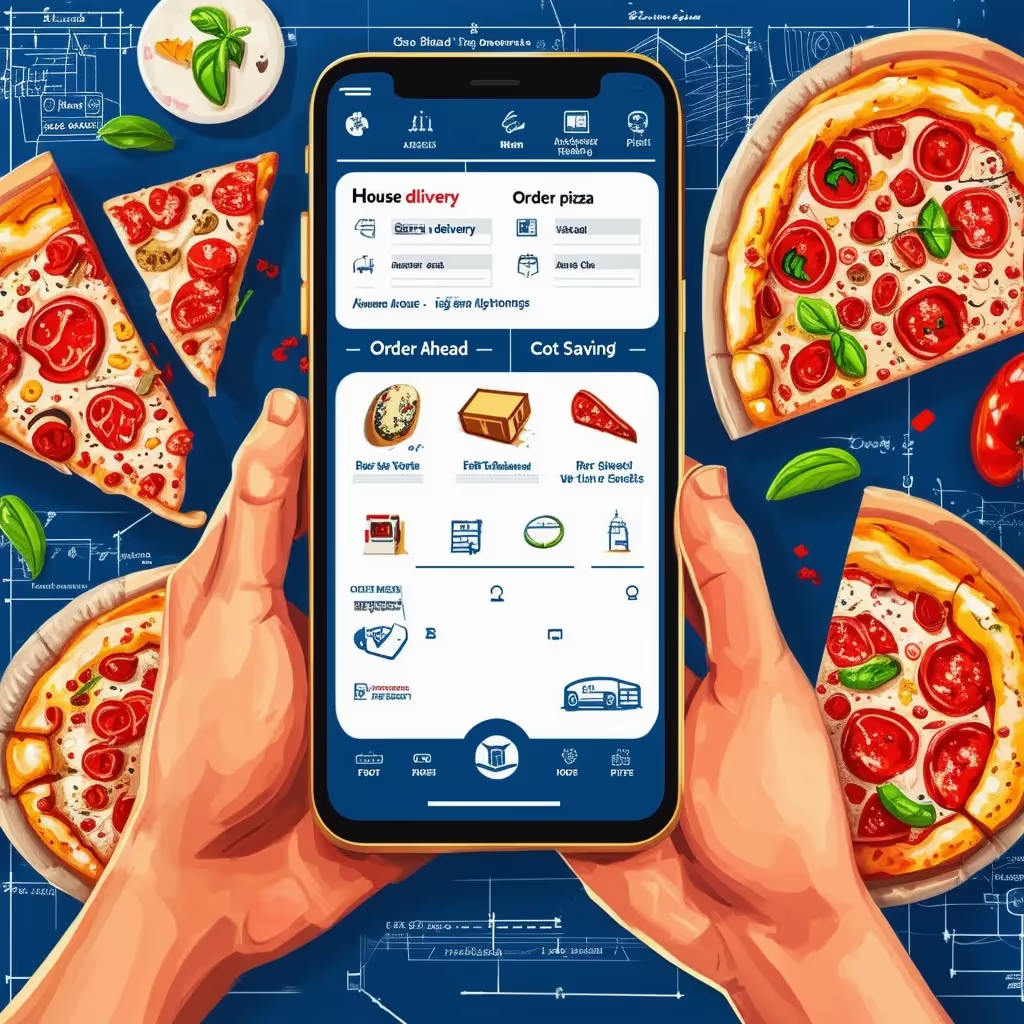

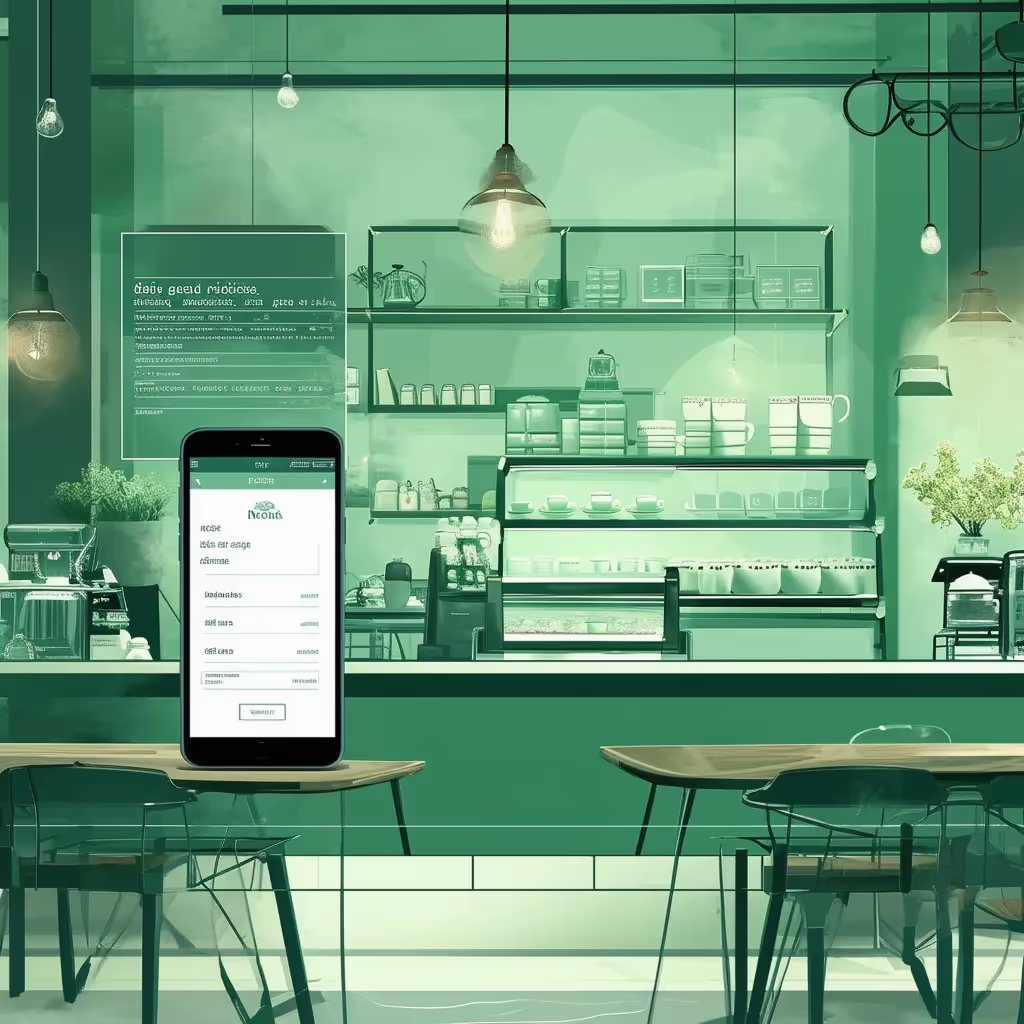

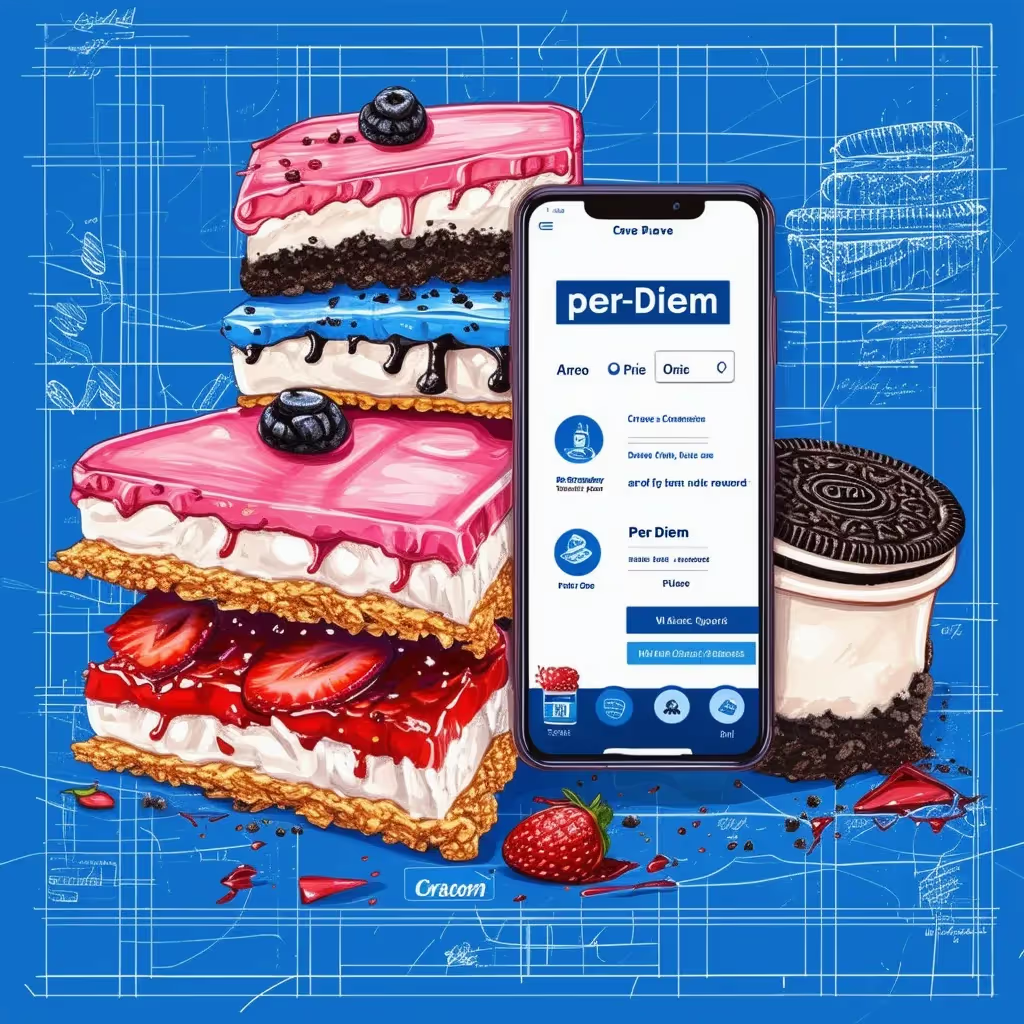
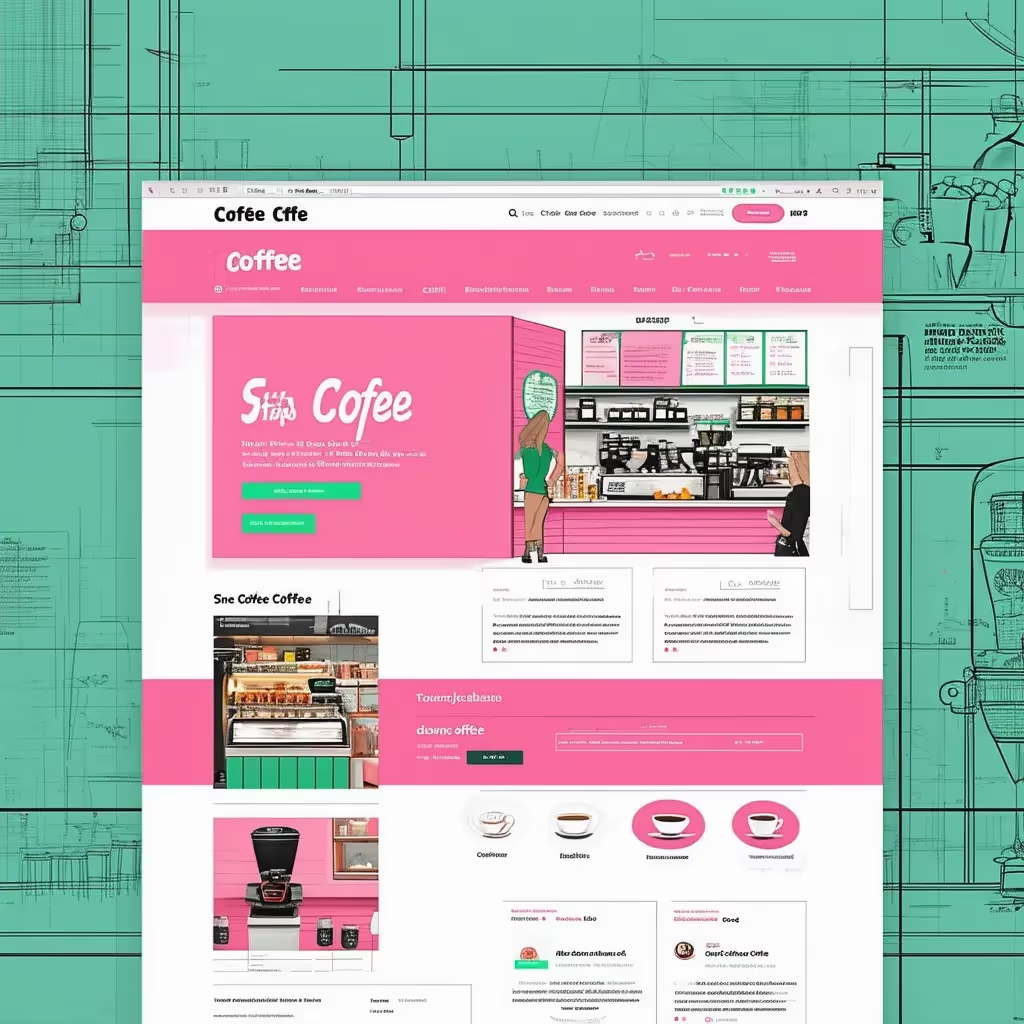
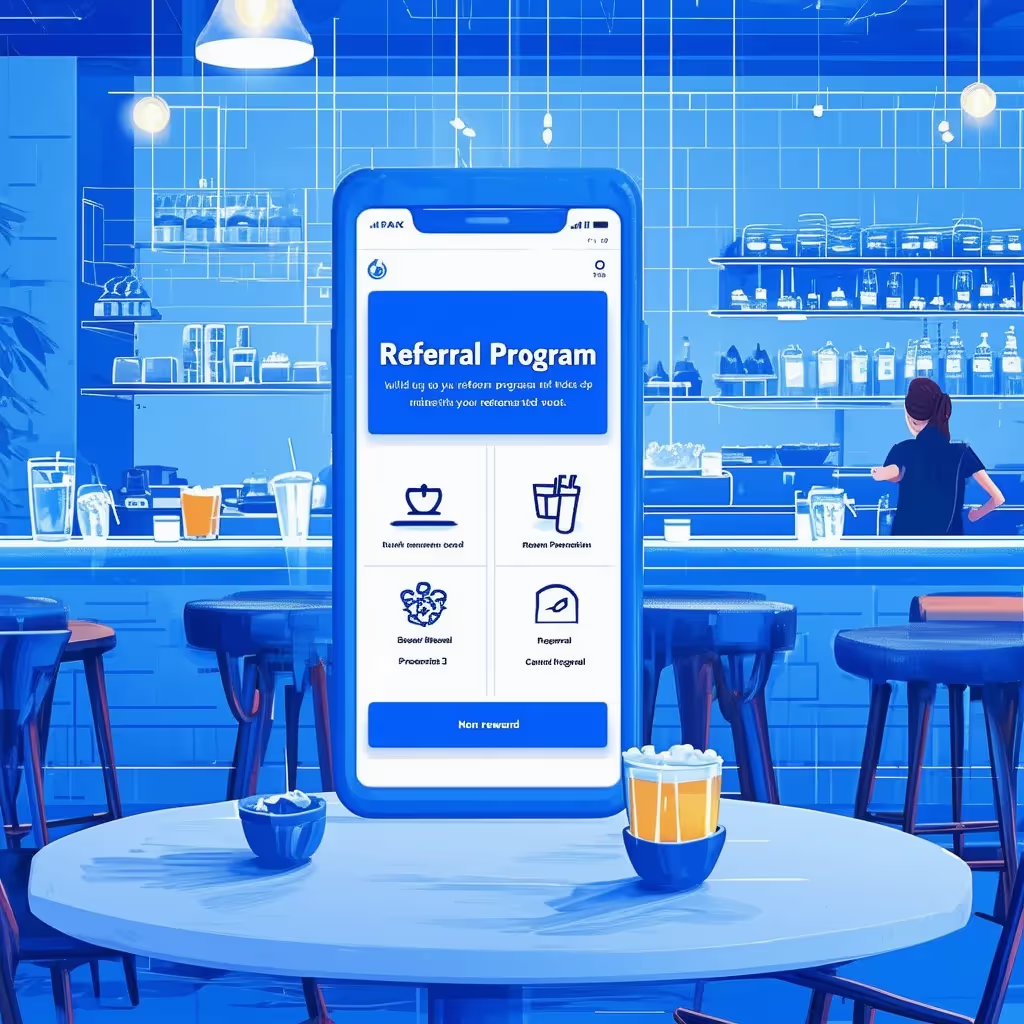


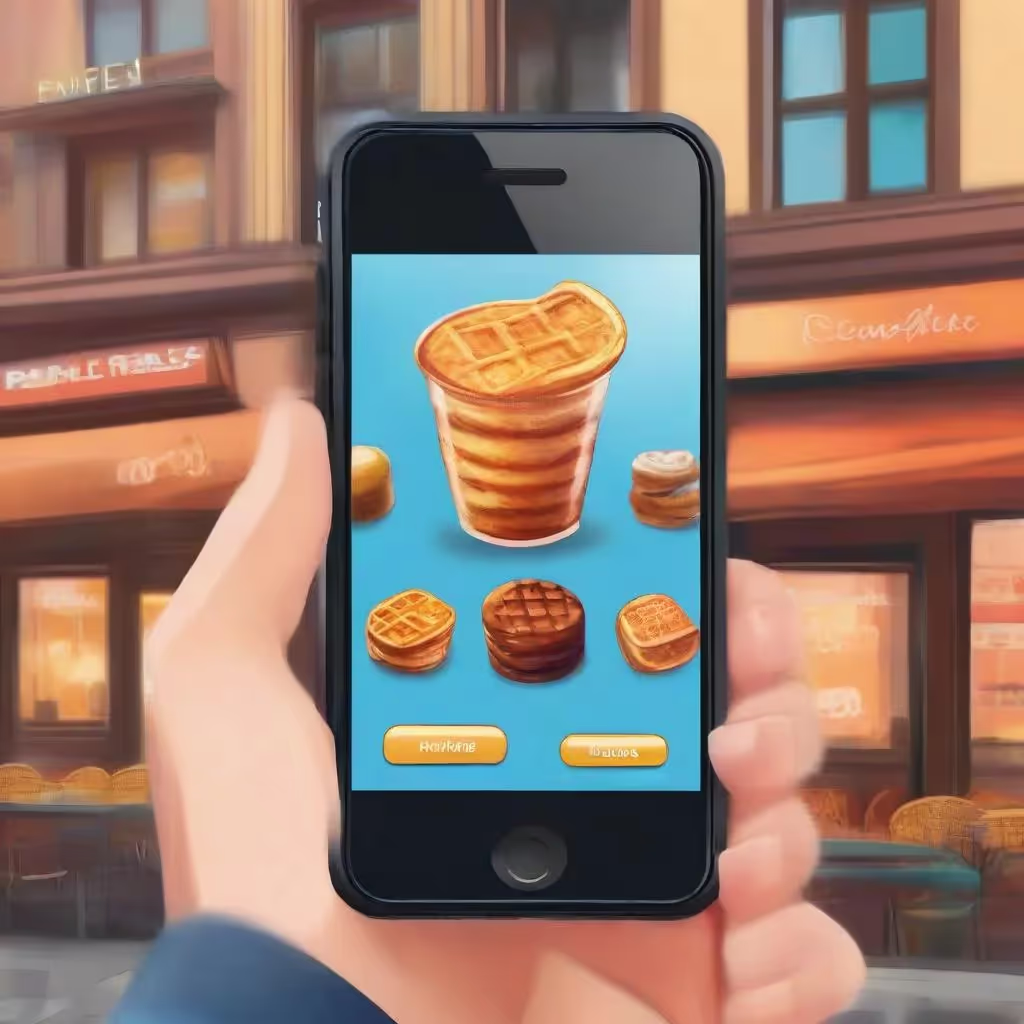
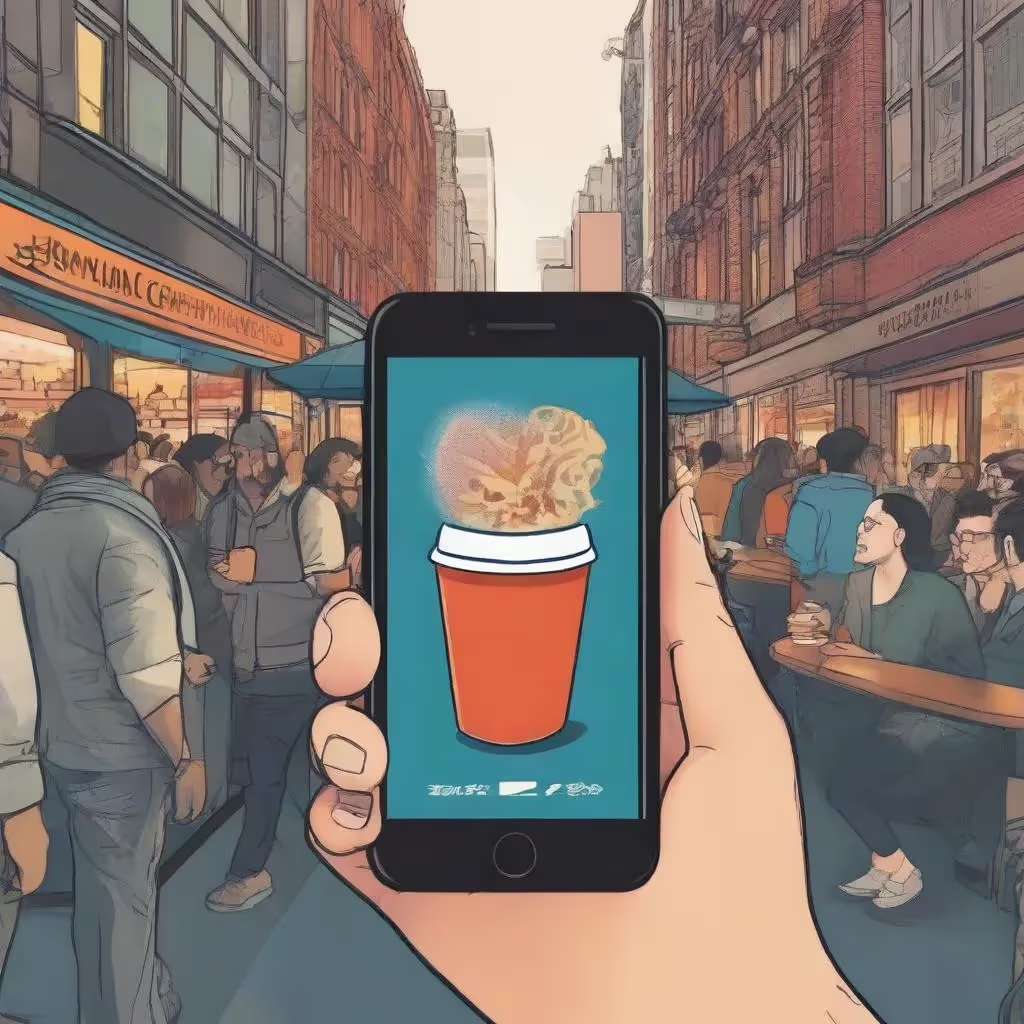
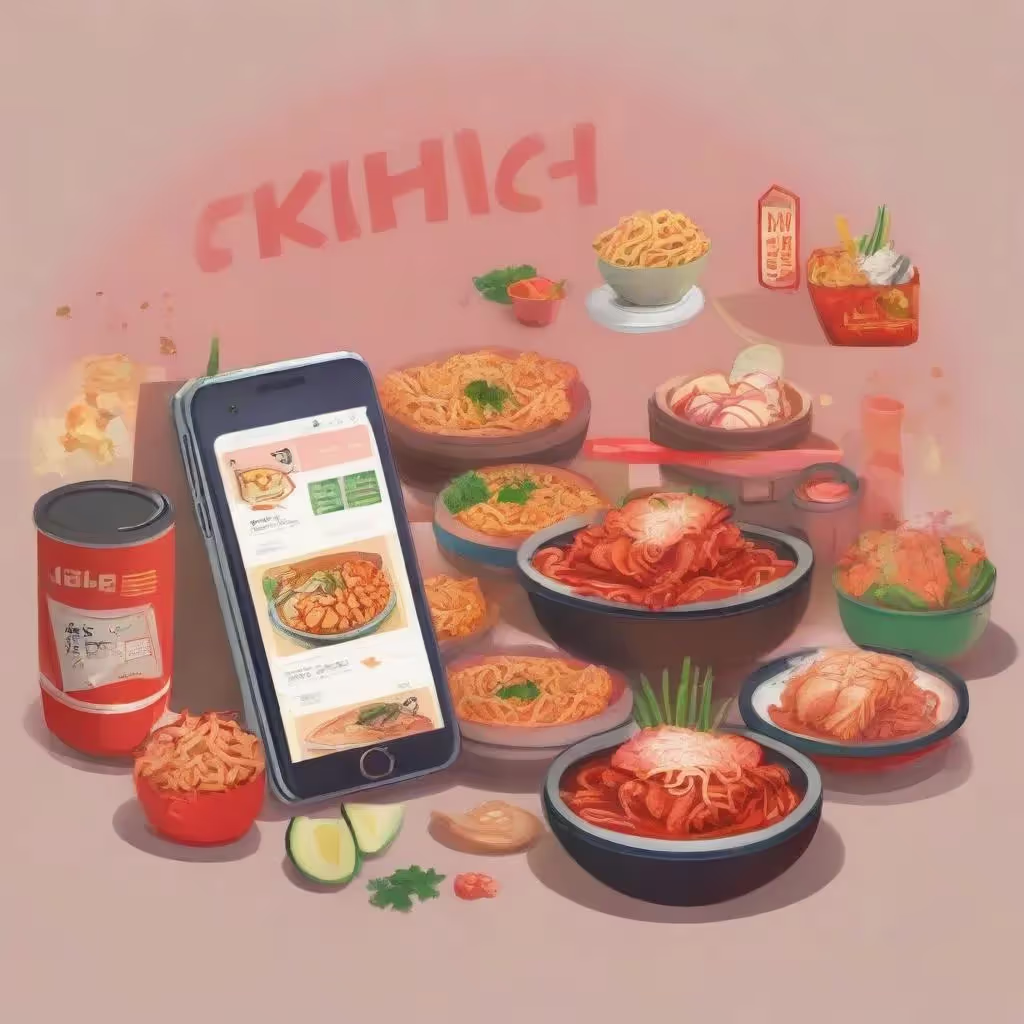
.avif)
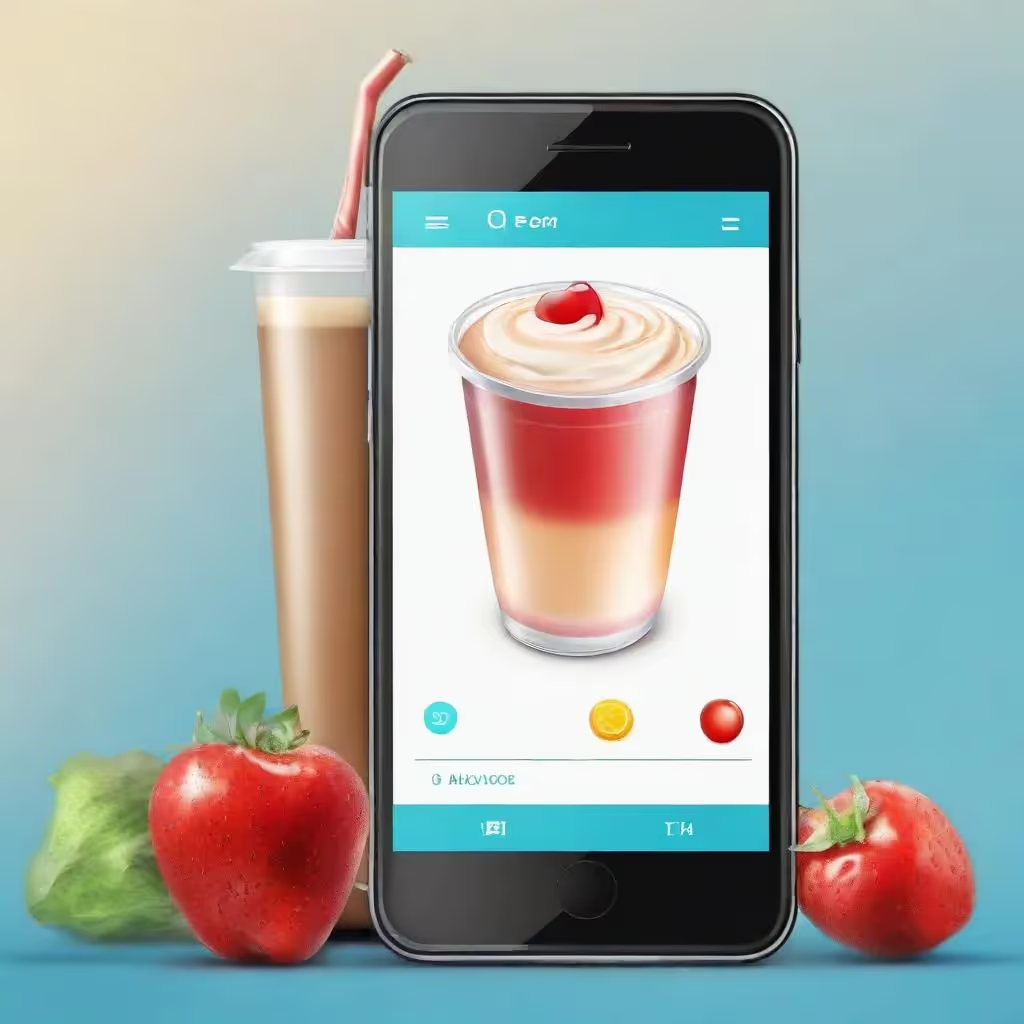



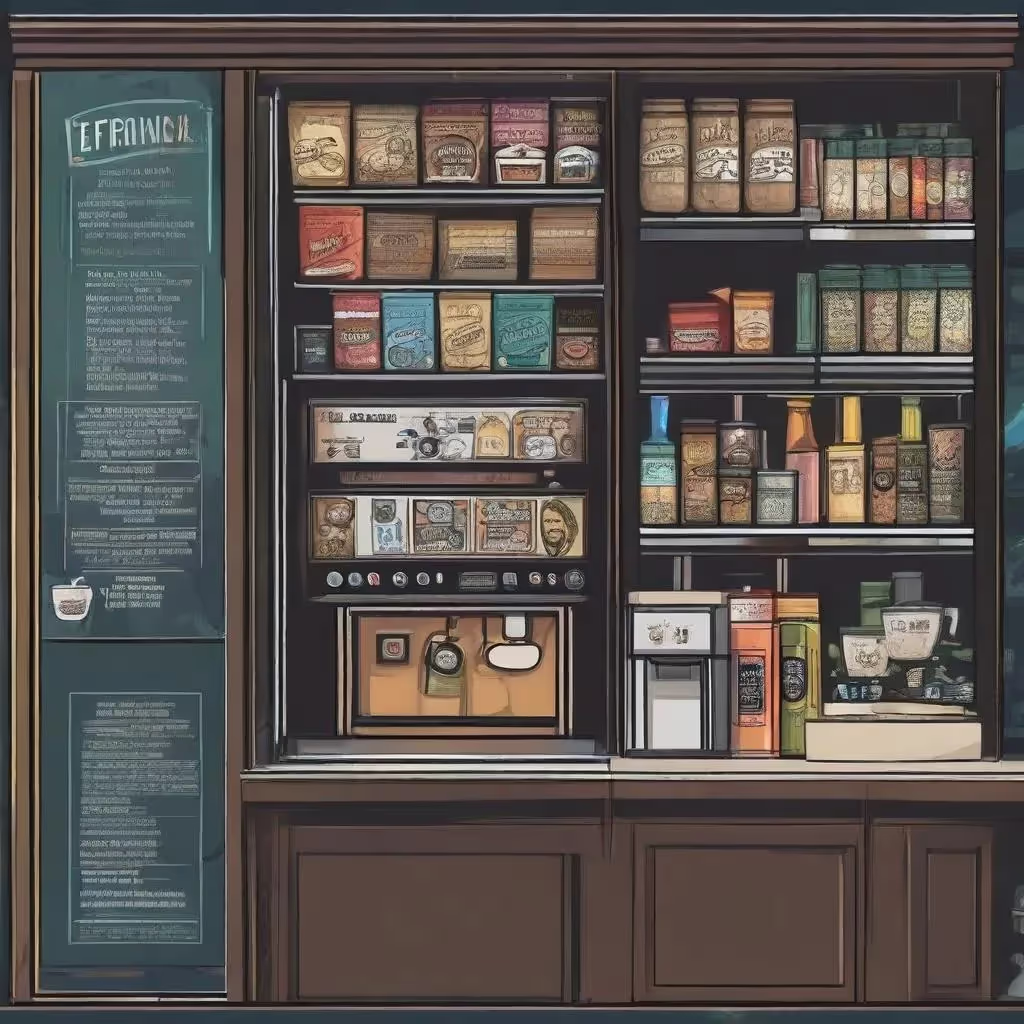
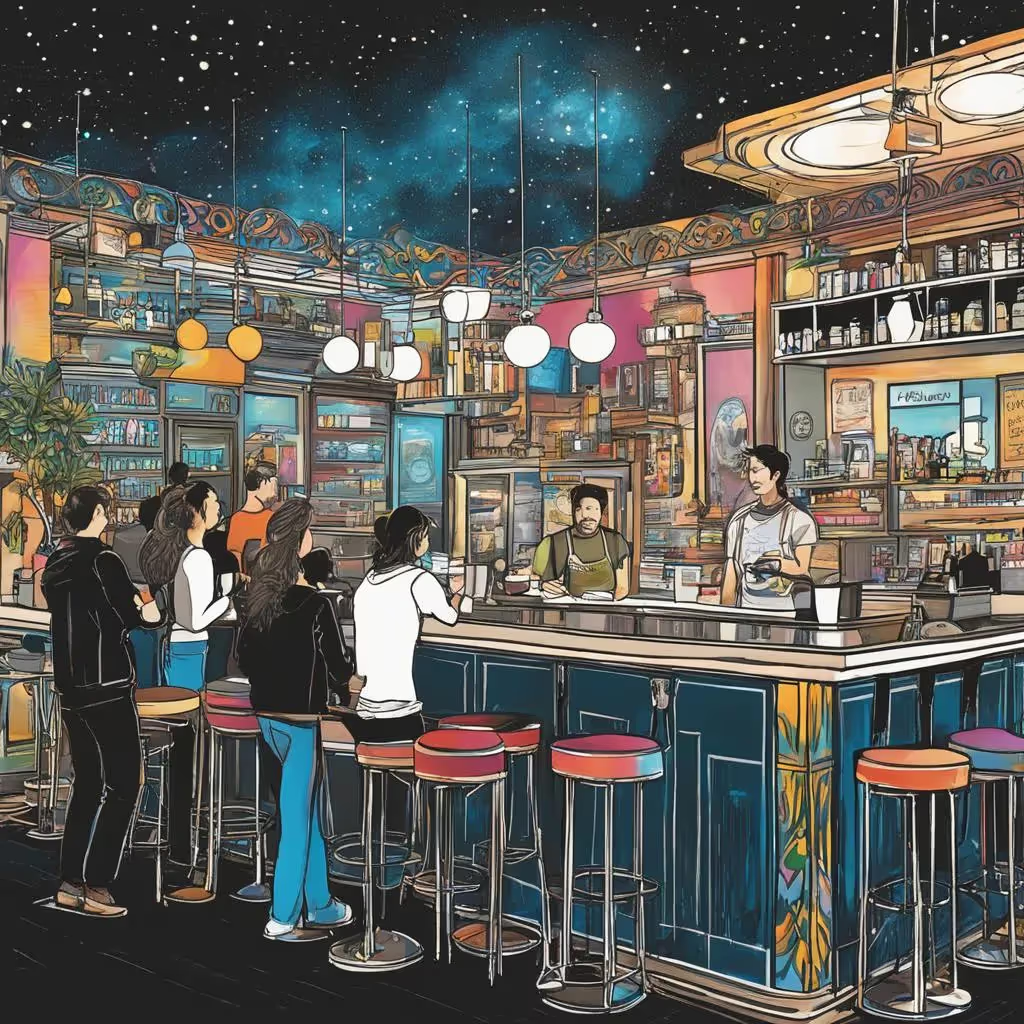
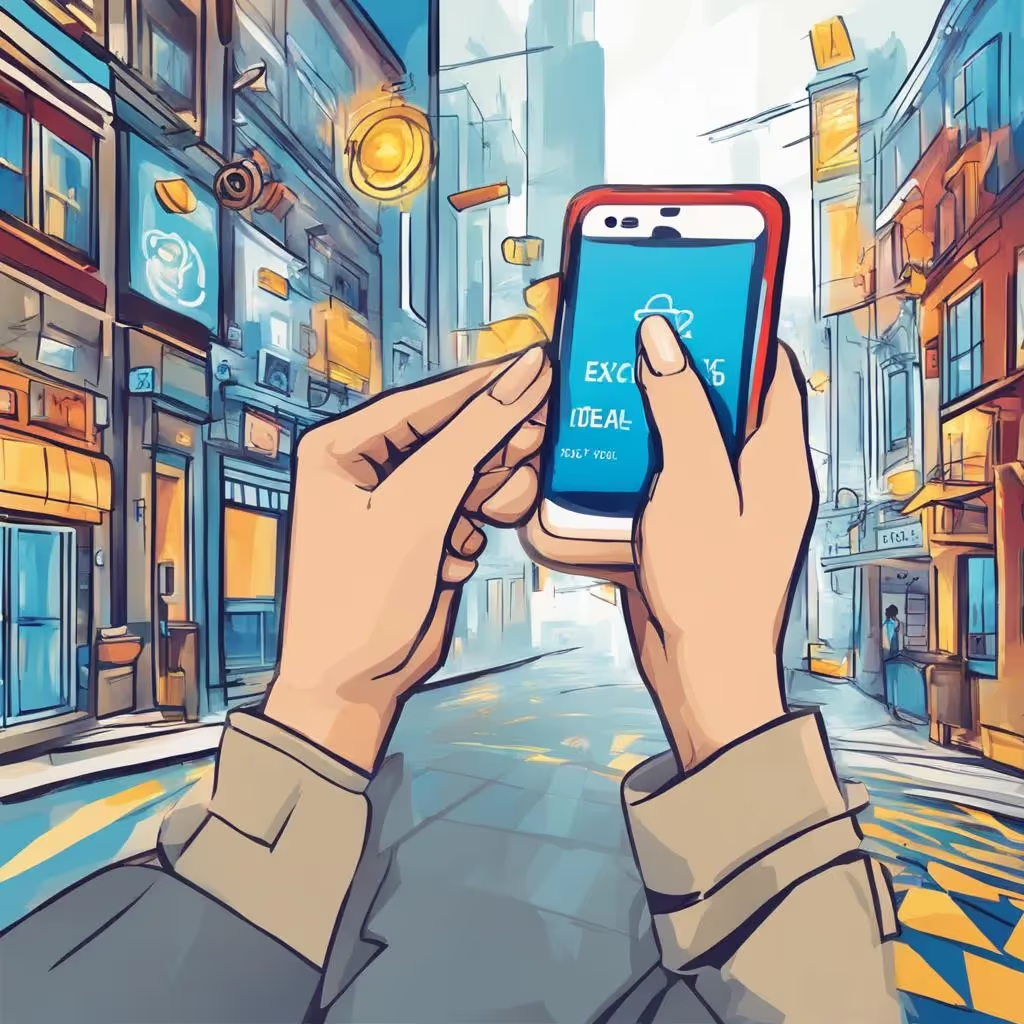
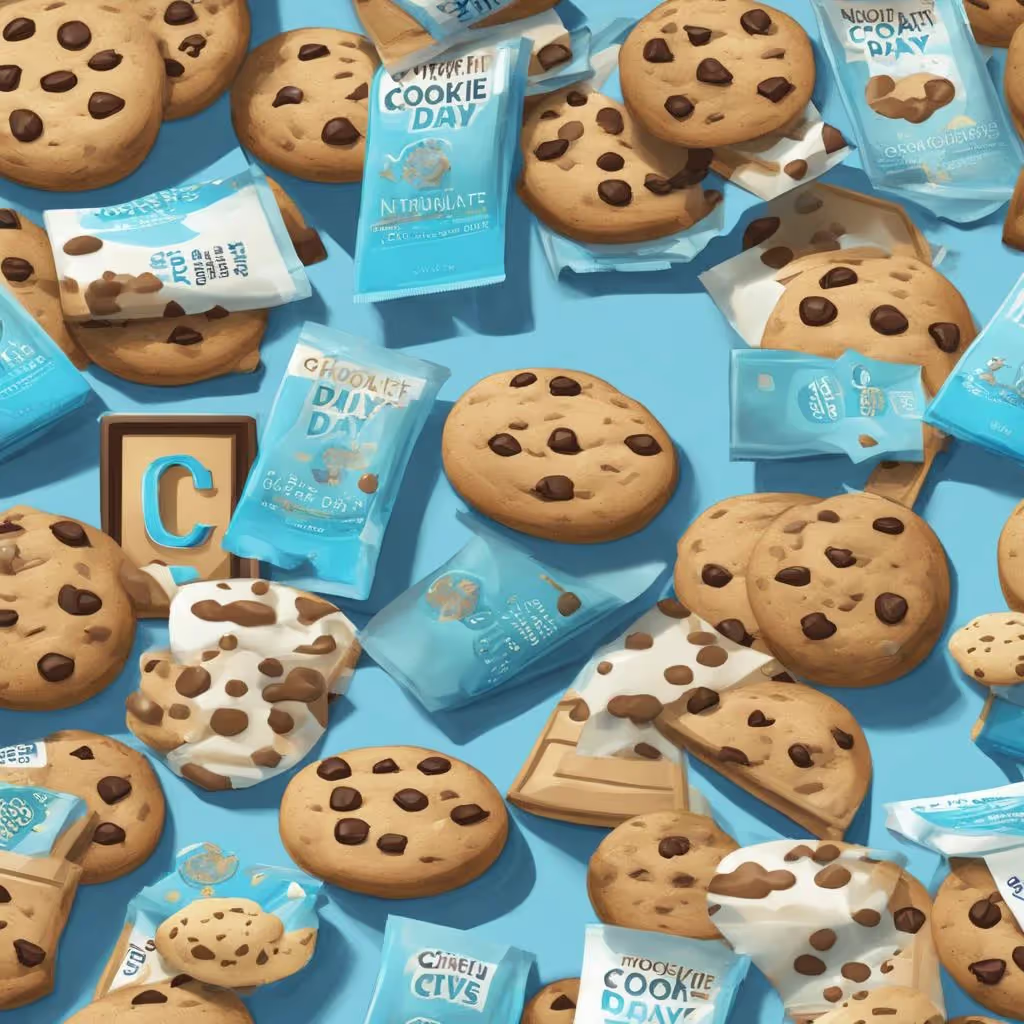
.avif)
